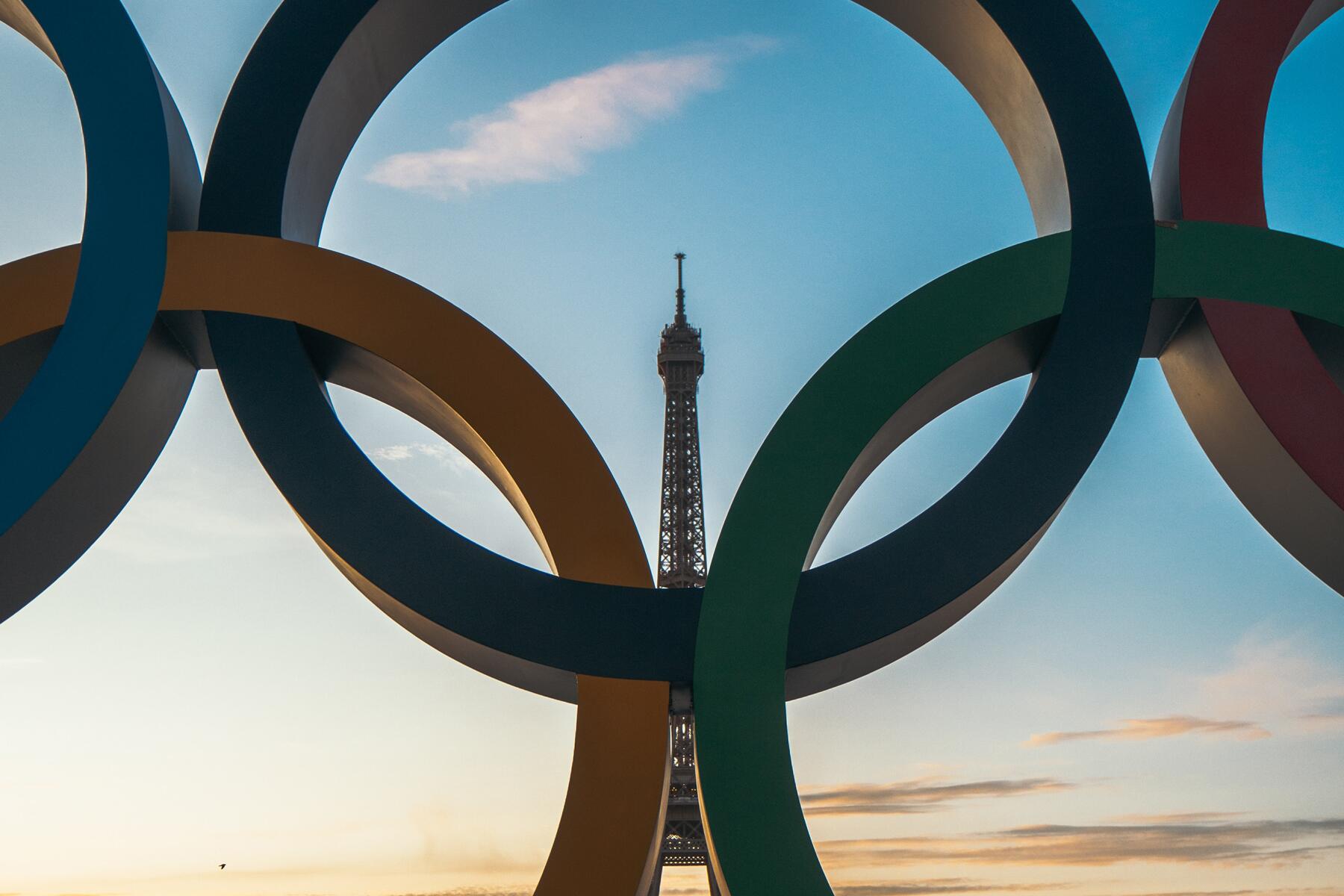Traffic won’t only be affected during the dates of the games.
The 2024 Olympics are set to be held in Paris this summer. The organizers’ plans are ambitious, and still changing.
Opening ceremonies—typically held in a stadium—are scheduled to take the form of a boat parade on the Seine River, but the government recently reduced the crowd size over concerns about security and other organizational issues, like the threat of a police strike. Closing ceremonies will similarly be in the heart of the city, currently planned for the Champs Elysées.
Both are major tourist draws in the world’s most visited city, and both will likely face impacts in the months leading up to the games as infrastructure is put in place.
More recently, French security officials have warned residents of Central Paris they could experience significant lifestyle changes during the dates of the Olympic and Paralympic Games, and many have booked out-of-town trips to escape.
But should travelers bound for Paris this summer worry about impacts to their plans if they’re not going for the Olympics?
Recommended Fodor’s Video
In a word—yes—according to traffic management plans currently in place.
Many of the events will take place in the very center of Paris in temporary stadiums. During the Olympics, from July 24 to August 11, and the Paralympics from August 28 to September 8. Major tourist areas surrounding the Eiffel Tower, Trocadero, Hotel des Invalides, Grand Palais, Pont Alexandre III, and Place de la Concorde are planned to have major vehicle traffic restrictions, ranging from permit-only access to pedestrian-only zones, which could snarl vehicle traffic throughout the surrounding areas, particularly affecting the large number of hotels frequented by visitors in those areas.
Traffic won’t only be affected during the dates of the games, either.
Construction of the temporary stadiums and viewing areas will begin next month, with the Champs-de-Mars, the great lawn adjacent the Eiffel Tower, and the Trocadero across the river being the first sites to see construction. Construction will also begin at Place de la Concorde, portions of which haven’t reopened to vehicular traffic since the Rugby World Cup in 2023.
Much of the viewing platform assembly along the Seine will lead to more progressive road closures through June, when the Place de la Concorde will completely close to vehicular traffic and construction will begin on the viewing platforms along the Seine, which will effectively close the water-level quays.
The traffic restrictions will remain in place during the intermediate weeks between the games in August, and traffic will be progressively reintroduced from September 8 through the end of October, as it will also take time to disassemble many of the temporary structures.
It’s a situation that lends itself well to non-vehicular traffic, whether on foot, scooter, or bike, although scooters and bikes are less-often used by visitors to the city.
Rail will also be another point of contention. A planned high-speed rail line from Charles de Gaulle Airport won’t be ready in time, but travelers arriving at Orly Airport this summer will benefit from a new Paris Metro subway extension to the airport from Central Paris.
Overall, however, Paris Mayor Anne Hidalgo said late last year that the transport options planned for the games won’t be fully in place in time, particularly the planned addition of cars to the Metro, which is meant to help alleviate much of the traffic diverted from the road closures.
Security will be another concern in the days leading up to the games—the attendance targets for the opening ceremonies were reduced after France’s top audit body warned the location and size of the event posed a “major challenge” for security services. France is already on high alert for terrorism attacks after the killing of a teacher in Northern France in a knife attack late last year. A second deadly knife attack took place near the Eiffel Tower in December. Both incidents are being investigated as terrorism events.
While most events will be in Paris and the surrounding Ile-de-France Region, Olympic events will take place throughout France, with infrastructure improvements currently underway to support events planned for Bordeaux, Nantes, Lyon, Saint-Etienne, Nice, Marseille, and even Tahiti, nearly 10,000 miles distant from Paris.




